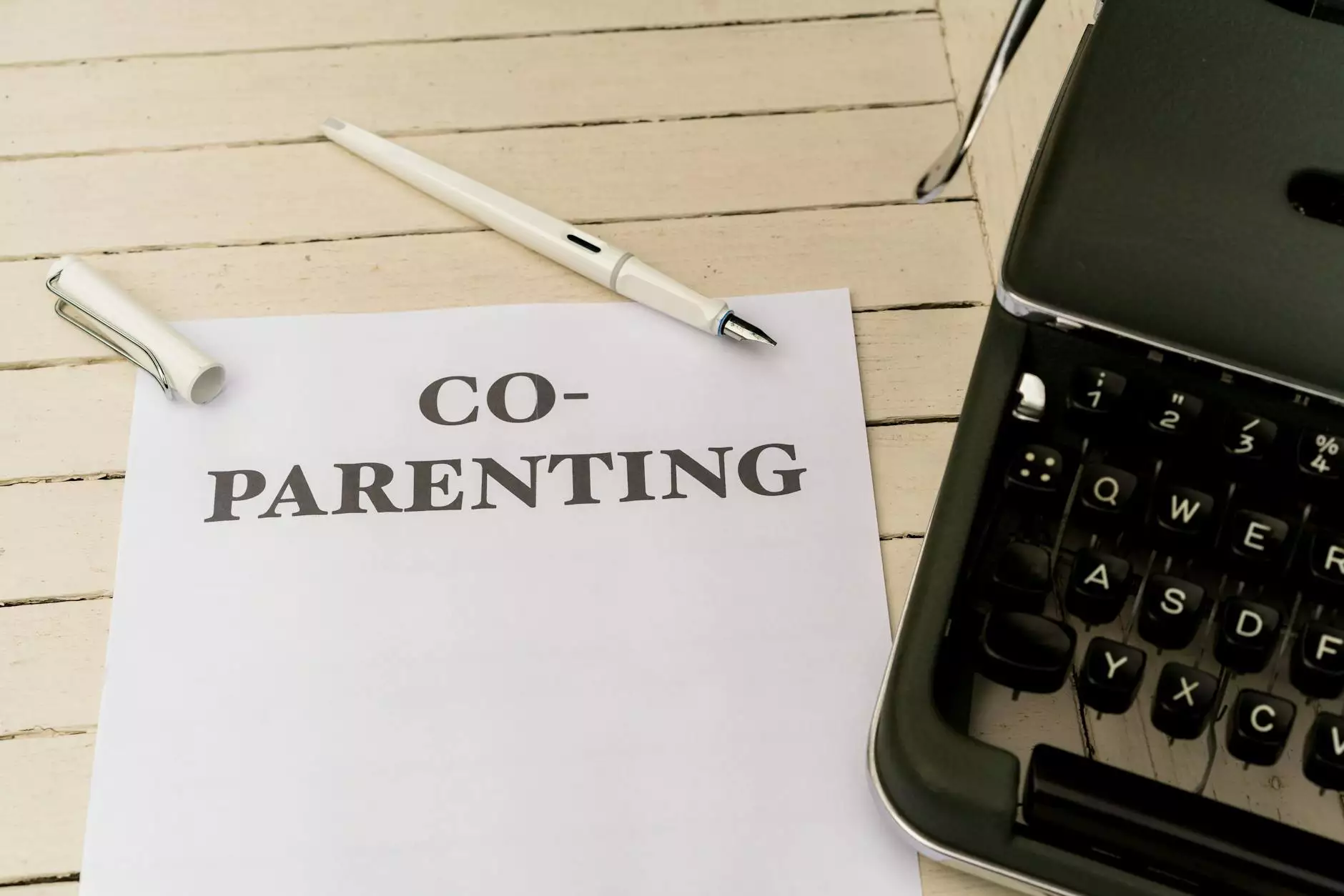Marketing Research Proposal Writing Skills From Our Experts

Introduction
Welcome to The Knowledge Nest, a well-respected platform in the field of marketing research. In this comprehensive guide, we will walk you through the essential skills required to write effective marketing research proposals that can help you stand out from the competition.
Why Are Marketing Research Proposals Important?
Marketing research proposals play a critical role in the success of any business. It allows companies to gather valuable insights and make informed decisions based on data-driven research. A well-crafted marketing research proposal not only reflects professionalism but also demonstrates your understanding of the subject matter.
Understanding the Components of a Marketing Research Proposal
A successful marketing research proposal consists of several key components, each serving a specific purpose. These include:
1. Executive Summary
The executive summary provides a concise overview of your entire proposal, highlighting the main objectives and key findings. This section acts as a snapshot of your proposal, enabling decision-makers to quickly grasp the essence of your research.
2. Introduction and Background
In this section, you will introduce the research problem or question, outline the objectives, and provide a brief background of the topic. It is crucial to clearly define the scope and purpose of your research to set the context for the rest of the proposal.
3. Research Methodology
Describe the research methodology you plan to adopt to gather the necessary data. This may include qualitative or quantitative methods, surveys, interviews, focus groups, or data analysis techniques. Justify your chosen methodology and explain how it aligns with your research objectives.
4. Data Collection and Analysis
Detail the specific data collection techniques and tools you will use to gather information. Additionally, discuss how you intend to analyze the data to derive meaningful insights. Providing clarity on these aspects demonstrates your expertise and ensures the validity of your findings.
5. Timeframe and Budget
Outline the estimated timeframe required for conducting the research and the associated budget. This helps stakeholders understand the resources needed and enables effective project planning.
6. Expected Results and Conclusion
Discuss the anticipated outcomes of your research and how they align with your objectives. Summarize the key findings and their potential impact on the organization. Conclude your proposal by highlighting the significance of your research and potential future implications.
Best Practices for Writing a Compelling Marketing Research Proposal
Now that you are familiar with the essential components, let's explore some best practices that can elevate your marketing research proposals:
1. Clearly Define Your Objectives
Ensure that your research objectives are specific, measurable, attainable, relevant, and time-bound (SMART). This clarity helps in focusing your research and aligning it with the goals of your organization.
2. Conduct Thorough Background Research
Prior to writing your proposal, invest time in understanding the existing literature, industry trends, and competitors' strategies. This background research allows you to position your proposal effectively and highlight its potential impact.
3. Use a Persuasive and Professional Tone
Your writing style should be persuasive, clear, and professional. Avoid jargon or complex language that may confuse the reader. Keep your tone engaging and convincing to maximize the impact of your proposal.
4. Provide a Realistic Timeline and Budget
Ensure that your proposed timeline and budget are realistic and feasible. Overestimating or underestimating these aspects may compromise the credibility of your proposal. Demonstrate a clear understanding of the resources required for successful implementation.
5. Collaborate and Seek Feedback
Invite input from colleagues and experts to refine your proposal. Incorporating diverse perspectives enhances the quality and credibility of your research. Collaborative efforts also foster a sense of ownership and teamwork.
Conclusion
Writing a compelling marketing research proposal requires a combination of research skills, strategic thinking, and effective communication. By following these guidelines and leveraging the expertise of our professionals at The Knowledge Nest, you can craft proposals that resonate with your audience and drive impactful outcomes.










